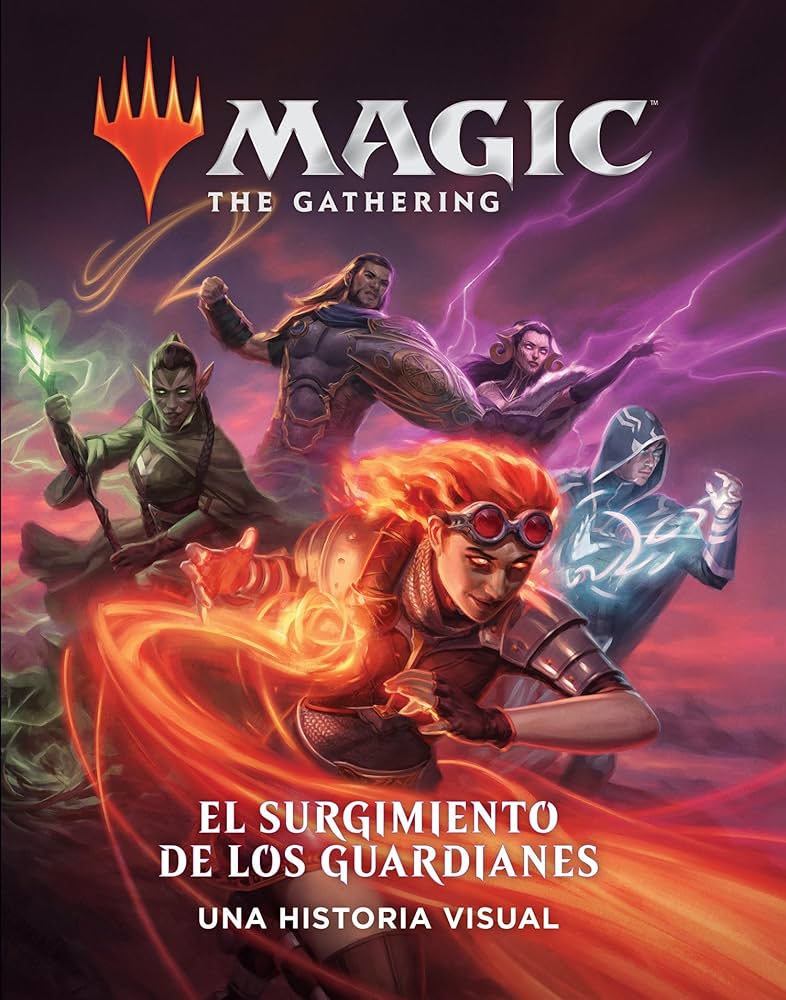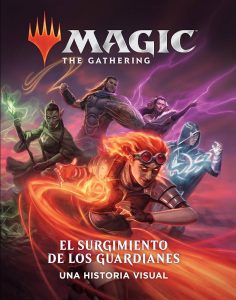
**The Few Minutes of Magic: The Gathering’s Retirement Announcement**
In a surprising turn of events, the beloved trading card game Magic: The Gathering (MTG) recently announced that it would be stepping back from its competitive scene. The announcement sent shockwaves through the gaming community, sparking discussions about the game’s future and the legacy it leaves behind.
**A Brief History of MTG**
Launched in 1993, Magic: The Gathering pioneered the collectible card game genre, captivating millions with its intricate gameplay, deep lore, and strategic depth. Players build decks from a vast pool of cards, each representing spells, creatures, and powerful artifacts. Over the years, MTG has evolved through numerous expansions, each introducing new mechanics and themes while maintaining the core principles that fans have come to love.
The game has not only stood the test of time but has also fostered a vibrant community of players, enthusiasts, and collectors. Local game stores became havens for players to gather, compete, and socialize. Major tournaments, including the Pro Tour and World Championship, drew the best players from around the globe, showcasing the game’s competitive aspect.
**The Announcement**
The retirement announcement came during a live-streamed event where key figures from Wizards of the Coast, the game’s publisher, detailed their plans for the future. They expressed gratitude for the community’s passion and support but emphasized that the decision to step back from the competitive scene was driven by a need for change. The announcement mentioned the challenges of keeping the competitive scene fresh and engaging in an ever-evolving gaming landscape.
While competitive play has been a significant part of MTG’s identity, it has also faced challenges in recent years. The rise of digital card games and the pandemic’s impact on in-person events forced the game to adapt quickly. Many players turned to online platforms, leading to a shift in how competitions were structured and perceived.
**Reactions from the Community**
The response from the community has been mixed. Some players expressed sadness over the end of an era, reflecting on memorable moments from tournaments and the friendships forged through the game. Others welcomed the change, viewing it as an opportunity for the game to refocus on its core aspects—casual play, storytelling, and community-building.
The competitive scene has its dedicated following, and many players felt that it was a crucial part of their MTG experience. The sense of accomplishment that comes from mastering a deck and facing off against other skilled players cannot be understated. For these players, the retirement of the competitive scene feels like the loss of a cherished tradition.
However, many others are optimistic about what this means for the game’s future. Without the pressure of maintaining a competitive structure, Wizards of the Coast can invest more time and resources into creating new content, exploring innovative gameplay mechanics, and enhancing the overall player experience. The hope is that the game can return to its roots, fostering a more inclusive environment where casual players feel just as valued as the competitive elite.
**The Future of MTG**
Looking forward, Wizards of the Coast has hinted at exciting plans for the future of MTG. They are committed to exploring new formats, introducing fresh storytelling elements, and enhancing community engagement. The retirement from competitive play may open the door for more themed events, casual formats, and collaborations with other gaming franchises.
Additionally, with the continued rise of digital platforms, there are possibilities for MTG to embrace online play in innovative ways. This could lead to hybrid events that blend digital and physical experiences, allowing players from all over the world to participate in a way that wasn’t possible before.
**Conclusion**
Magic: The Gathering’s retirement from competitive play marks a significant chapter in its storied history. While it may leave some players feeling nostalgic for the adrenaline of tournament play, it also opens up a landscape of possibilities for the game’s future. As the community navigates this transition, the hope is that MTG can continue to inspire, engage, and unite players through the magic of storytelling and camaraderie. In the end, whether through casual games at a local store or new adventures in digital formats, the essence of Magic: The Gathering will endure, capturing the hearts of players for generations to come.




